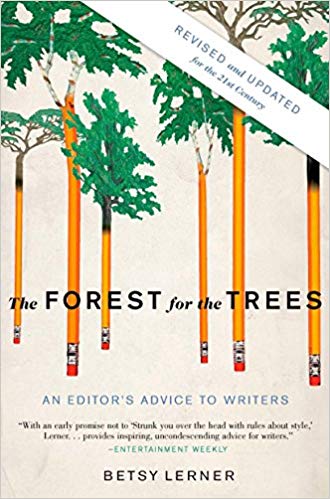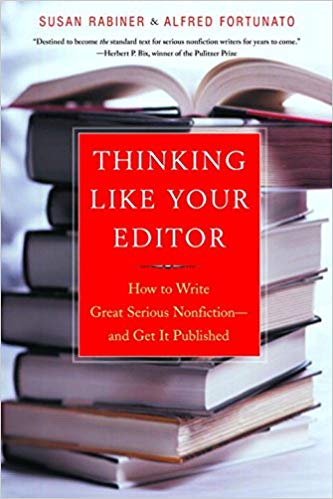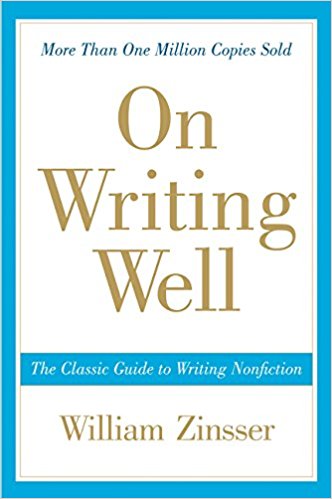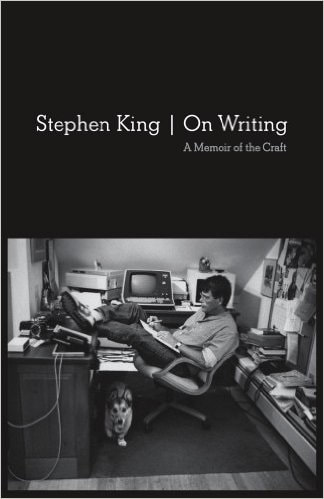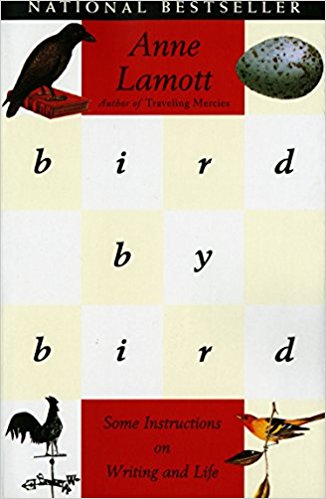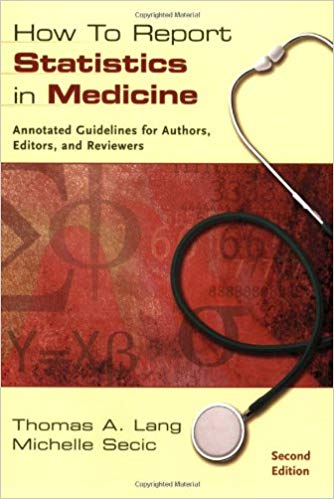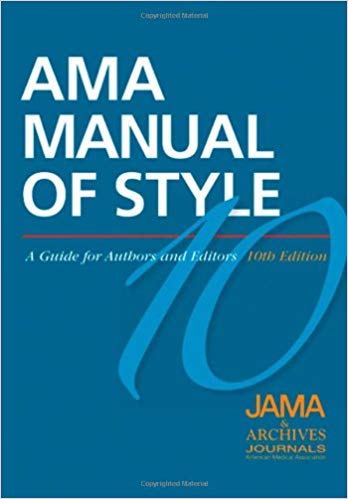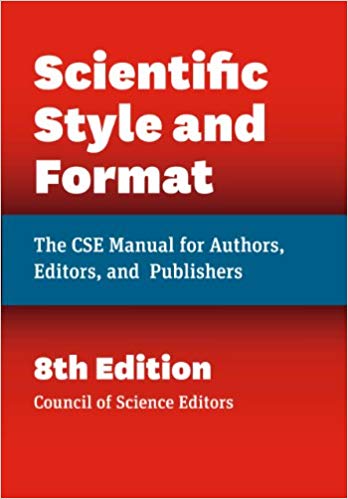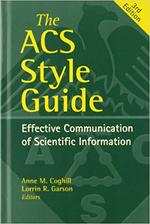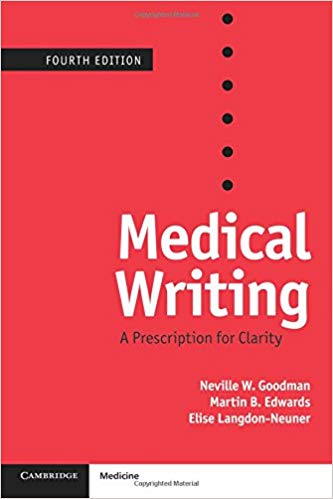No author dislikes to be edited as much as he dislikes not to be published.
J. Russell Lynes
FAQs
What is the difference between copy editing and proofreading?
The short answer is that they are different processes done at different stages of production. For the long answer, see my blog post.
According to the Professional Editorial Standards of Editors Canada, copy editing is defined as “editing to ensure correctness, accuracy, consistency, and completeness,” whereas proofreading is “examining material after layout or in its final format to correct errors in textual and visual elements.” Notice the difference is that proofreading occurs after layout--and hopefully after copy editing. The proofreader is looking for any copy editing errors that have snuck through as well as page layout and design errors.
Not only do copy editing and proofreading occur at different stages of production, what is done with the text is also different. Proofreading is correcting; editing is not just correcting, but also improving.
A summary of the differences are listed below. Doing the right job at the right stage of the process will save valuable time and money.
Copy Editing
According to the Professional Editorial Standards of Editors Canada, copy editing is defined as “editing to ensure correctness, accuracy, consistency, and completeness,” whereas proofreading is “examining material after layout or in its final format to correct errors in textual and visual elements.” Notice the difference is that proofreading occurs after layout--and hopefully after copy editing. The proofreader is looking for any copy editing errors that have snuck through as well as page layout and design errors.
Not only do copy editing and proofreading occur at different stages of production, what is done with the text is also different. Proofreading is correcting; editing is not just correcting, but also improving.
A summary of the differences are listed below. Doing the right job at the right stage of the process will save valuable time and money.
Copy Editing
- Changing copy for clarity and readability
- Works on manuscript before layout (usually in Word)
- Markup in-line only (comments in margin)
- Does not even see layout
- Correcting copy
- Works on proofs after layout (usually hard copy or PDF)
- Markup both in-line and in margin
- Responsible for checking layout
- Identifies copy editing errors
What qualities should you look for in an editor?
Editing is both a science and an art. It is a combination of training, experience, and natural ability. You should be comfortable with your editor and confident in her decisions. The following are characteristics that all good editors should have (and qualities I think I can bring to your project):
- Broad knowledge base: a good editor has both wide-ranging and specialized knowledge to be able to pick up factual errors. She has to be a bit of a Renaissance person -- and she is usually a really good Trivial Pursuit player.
- Meticulous: a good editor has an almost infinite capacity for detail. She requires a great sense of quality and possesses high standards of accuracy. She questions everything and applies a critical eye to the tiniest detail in order to recognize patterns and locate inconsistencies. You could use the word "obsessive," but I prefer "meticulous."
- Loves language: not only must a good editor love the written word, she must also have flawless knowledge of grammar and style. Or at least be able to look it up if she is not sure. She is often a bit of a grammar guerilla: tiny mistakes in the newspaper seem to jump off the page. She has an appreciation for the Oxford comma and knows that despite what we were taught in school, it is not a mortal sin to leave a participle dangling.
- Diplomatic: telling an author that there is a major problem with the manuscript that they have devoted months or years of their life to creating is like telling a mother that her child is funny looking. Tact is vital. So is humility. A good editor acts as a coach to her writers. She is able to be encouraging while pointing out the areas that need correction.
- Able to meet deadlines: publishing is rife with deadlines. If you are late in one stage of the process, it causes a chain reaction everywhere else down the line. A good editor has to be able to estimate timelines and meet deadlines. She also needs to be flexible because there is an inevitable bump in the road with almost every project.
Do I need an editor if my mother/spouse/friend checked my work?
I am often the first set of unbiased eyes to read someone’s work. It is hard to be an impartial reader when you have an emotional attachment to the author. My job is to assess the work objectively and in relation to professional standards. Alan Williams said, “An editor [does] something that almost no friend, relative, or even spouse is qualified or willing to do, namely read every line with care, to comment in detail with absolute candor, and to suggest changes where they seem desirable, or even essential. In doing this the editor is acting as the first truly disinterested reader, giving the author not only constructive help but also, one hopes, the first inkling of how reviewers, readers, and the marketplace…will react, so the author can revise accordingly.”
Why do i need an editor if i have spell check?
The introduction of word processing programs and spell checkers has make life easier for most of us. But who hasn’t had an incident where the spell checker substituted a word that was spelled correctly—but it was the wrong word. This can be embarrassing (I instantly recall an incident when “genealogy” was replaced with “gynecology”). The English language is filled with homonyms and special case scenarios. A computer program will never replace a human because the computer can never understand your intention.
George Orwell's Six Rules
1. Never use a metaphor, simile, or other figure of speech that you are used to seeing in print.
2. Never use a long word where a short one will do.
3. If it is possible to cut a word out, always cut it out.
4. Never use the passive where you can use the active.
5. Never use a foreign phrase, a scientific word, or a jargon word if you can think of an everyday English equivalent.
6. Break any of these rules sooner than say anything barbaric.
2. Never use a long word where a short one will do.
3. If it is possible to cut a word out, always cut it out.
4. Never use the passive where you can use the active.
5. Never use a foreign phrase, a scientific word, or a jargon word if you can think of an everyday English equivalent.
6. Break any of these rules sooner than say anything barbaric.
